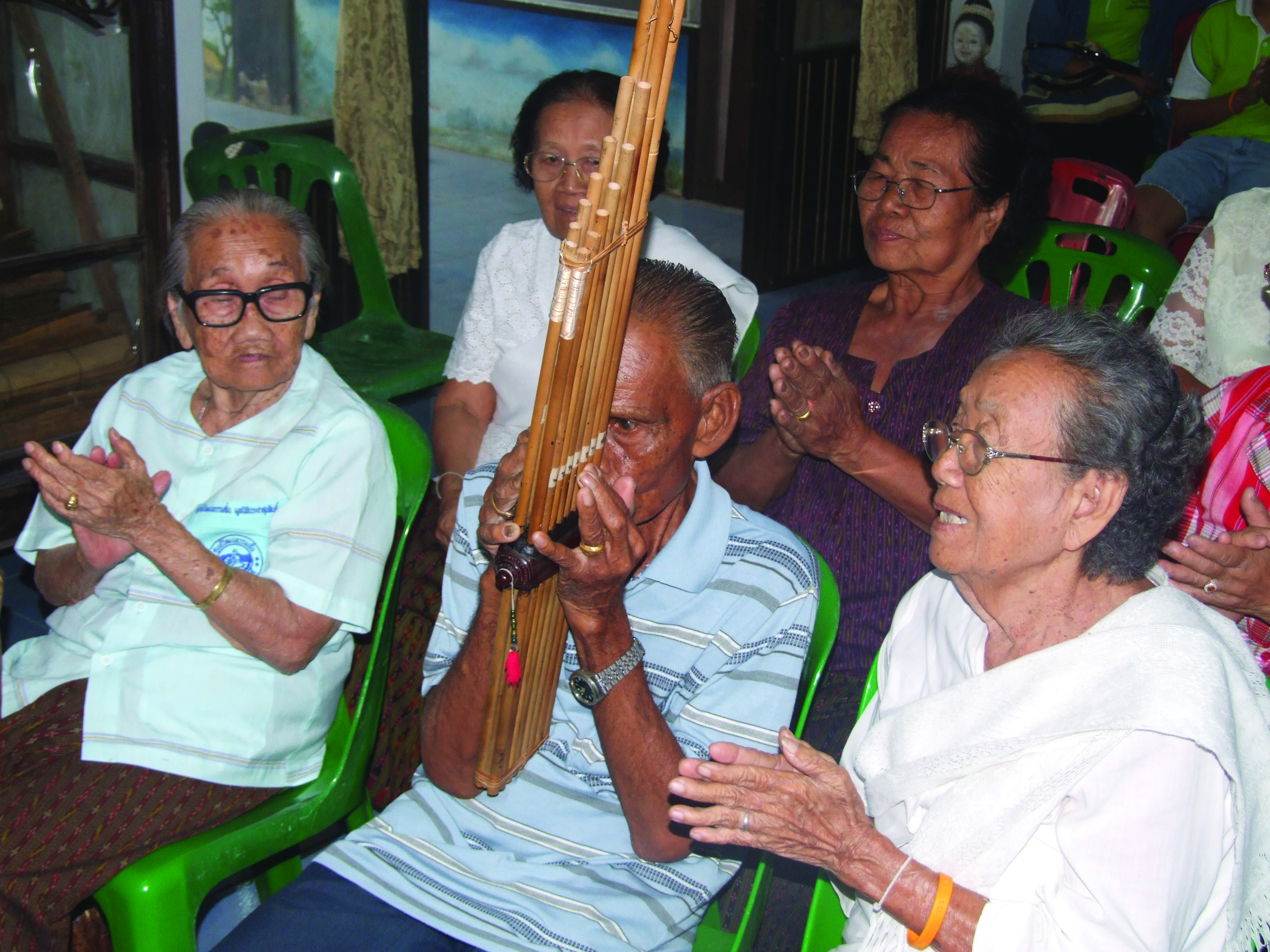Fading Musical Memory 150 Years of Lao Phuan Singing in Lopburi, Thailand
Main Article Content
Abstract
As a consequence of numerous wars and forced migrations, the Phuan kingdom, which once flourished on the Plain of Jars in Laos, was obliterated during the 19th century. Much of the population was force-marched down to the Mekong Valley and into northeastern and central Thailand. One of the last contingents settled in central Thailand’s Lopburi province, in the district of Ban Mi. After nearly 150 years of exile there, only two living traditional singers of khap phuan, both around 90 years of age, could be found and were recorded in 2012 and 2013. Since our initial documentation of them and their khaen mouth organ accompanist, all have passed away, leaving no one to carry on the tradition. This article examines these musical fragments and compares them to the living music found in the old Phuan area. Due to the stark differences between Ban Mi singing and modern khap phuan, we aimed to identify what was preserved in Thailand and what this reveals about Phuan history and migration.
Article Details
References
Neis, P(aul). 1997. Travels in Upper Laos and Siam: With an Account of the Chinese Haw Invasion and Puan Resistance, translated by Walter E.J. Tips. Bangkok: White Lotus [1st Edition in French, Paris 1884].
Schliesinger, Joachim. 2001. Tai Groups of Thailand. Vol. 1: Introduction and Overview. Bangkok: White Lotus.
Snit Smuckarn & Kennon Breazeale. 1988. A Culture in Search of Survival: The Phuan of Thailand and Laos. New Haven: Yale University Press.


